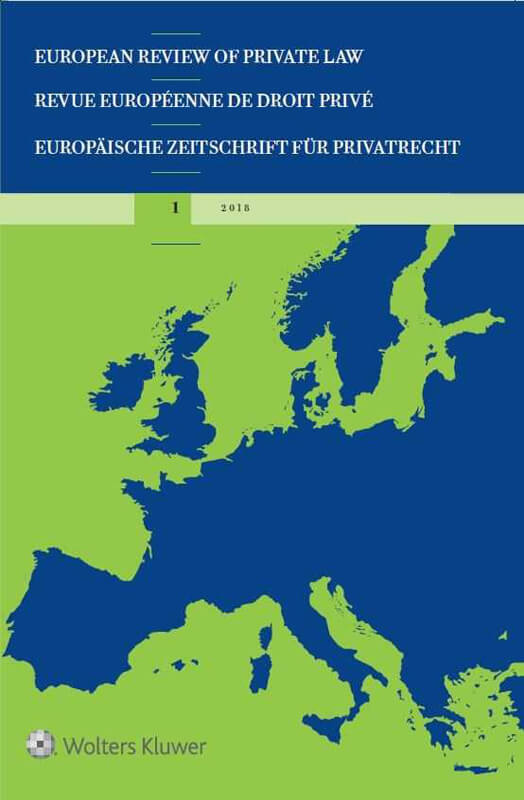Home > All journals > European Review of Private Law > 26(6) >

$25.00 - Rental (PDF) *
$49.00 - Article (PDF) *
Oscar Borgogno
European Review of Private Law
Volume 26, Issue 6 (2018) pp. 885 – 902
https://doi.org/10.54648/erpl2018060
Abstract
Abstract: The success of smart contracts based on distributed ledger technology (DLT) springs from their potential to secure contract performance when traditional legal enforcement remedies are not practical or too costly. EU policymakers and regulators have struggled for years to facilitate the enforcement of consumer rights while reducing transaction costs for businesses. The article argues that smart contracts can be a viable tool to address such a challenge. By virtue of their self-executing and tamper-proof character, smart contracts are suited to substantially reduce transaction costs in B2C relationships. So far, several legal scholars have raised concerns regarding both smart contracts inability to reflect relational aspects of contract governance and the augmented complexity generated by the translation of an agreement into computer code. Building upon the extant literature on the topic, the article explains why these problems can be overcome when it comes to consumer rights that are standardized and easily verifiable. Thus, smart contracts will likely prove suitable for specific industries, such as the transport sector. The article concludes that policy makers and regulators shall take the lead by testing, with a sector-specific approach, smart contracts ability to improve the consumer protection toolbox.
Extract
